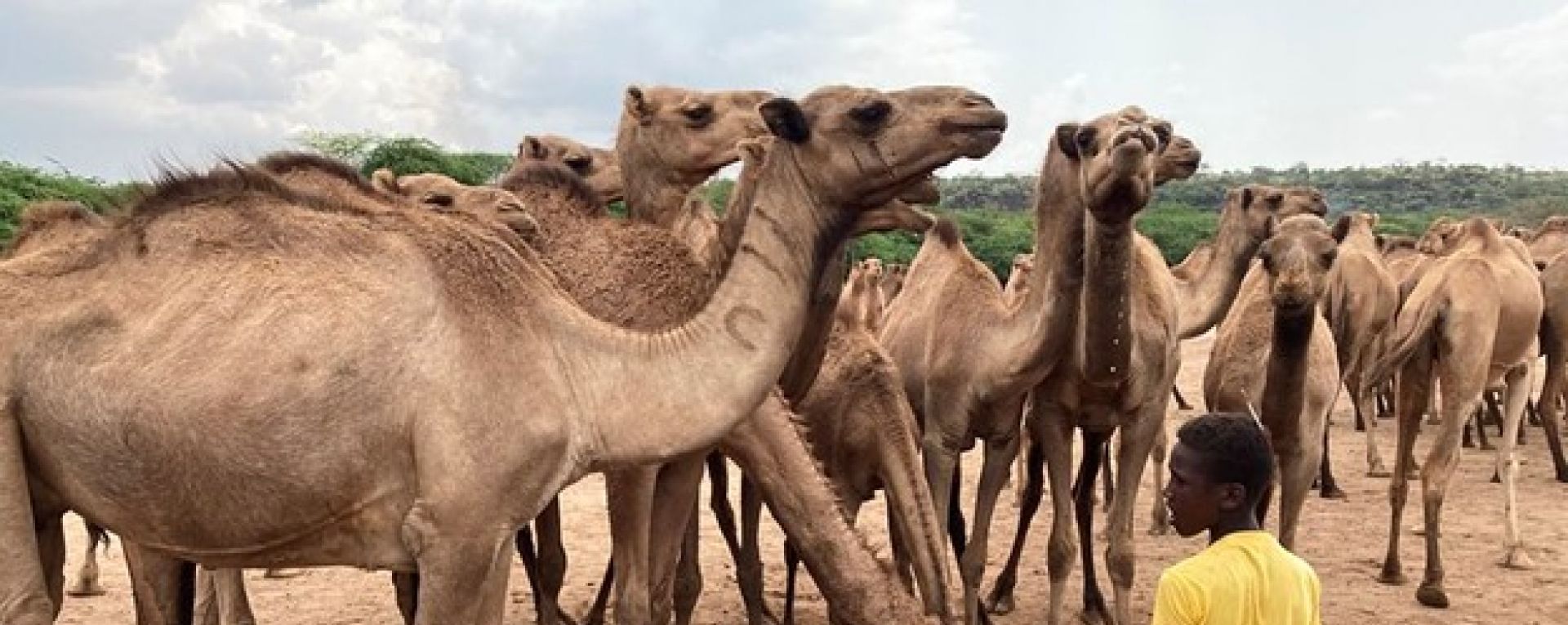50x2030 supports the implementation of Ethiopia’s Nomadic Livestock Pilot Survey
Nomadic and seminomadic livestock is a common source of livelihood and income in Ethiopia, especially in the regions of Afar, Somali, south of Oromia and some parts of the Southern Nations, Nationalities, and Peoples' Region (SNNP).
Despite the importance of this sector, data on livestock are lacking. This lack of data hampers the ability of policy makers to design, implement, monitor and evaluate effective interventions in the sector.
Due to their nomadic status, pastoral populations are difficult to reach using the standard methodologies applied for residential populations. The national Agricultural Sample Survey (AgSS), conducted annually by the Ethiopian Statistics Service (ESS), focuses on residential farm households and excludes those without permanent dwellings, leading to under coverage of the pastoral population and under estimation of the livestock sector.
To fill this gap, the 50x2030 Initiative, through technical assistance from the Food and Agriculture Organization of the United Nations (FAO), is supporting the Ethiopian Statistics Service in designing and implementing a Nomadic Livestock Pilot Survey as part of a broader effort to strengthen the country’s statistical system and improve the capacity of national statisticians to collect, analyze and disseminate quality data.
Following the Guidelines for nomadic and semi-nomadic livestock developed during the first phase of the Global Strategy to Improve Agricultural and Rural Statistics, ESS and FAO conducted in September 2022 a training of trainers and tested the recommended protocol.
The Pilot Survey, planned between November 2022 and January 2023, will be instrumental to create the expertise, fine-tune survey methodologies and develop a scale-up plan to eventually include nomadic livestock in the regular survey system of Ethiopia. Results of the survey is expected to be released in May 2023.
Picture: ©FAO/Dramane Bako
